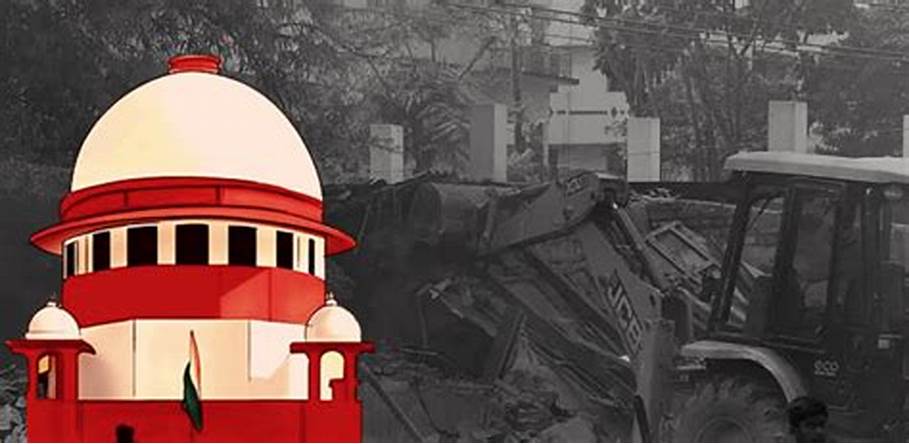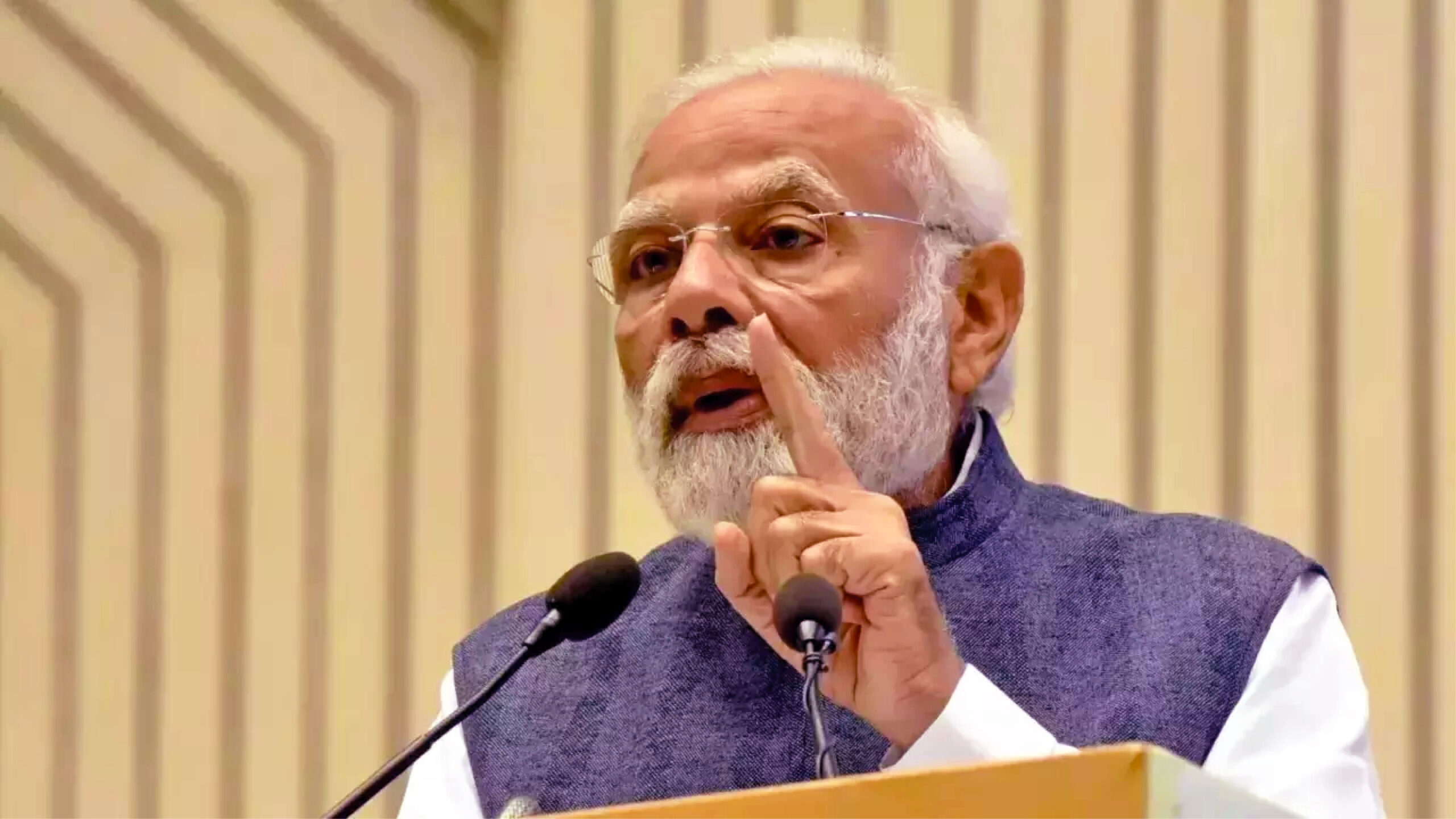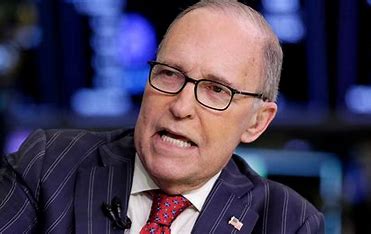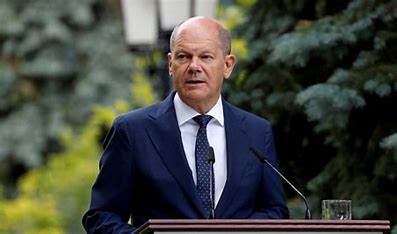
From physical visits to doctors to video consultations, the healthcare system in India has come a long way. The sector has made significant progress in medicine, treatment, research and drug discovery in recent years. However, medical emergencies can knock on the door at any time, resulting in exorbitant bills, pushing individuals and their families into financial distress. Although health insurances are one way to cover such huge medical expenses but there are policies and schemes by the Indian government to support people during health emergencies which every citizen should know about.
Recognising the importance and need for affordable and accessible healthcare services, the Indian government has launched and implemented various policies ensuring that quality medical services reach every nook and corner of the country. These policies are aimed at bridging the healthcare divide and alleviating the financial burden on individuals and families. One such scheme is the Ayushman Bharat scheme which was launched to achieve the vision of Universal Health Coverage (UHC). Ayushman Bharat comprises two interrelated components which are Health and Wellness Centres and Pradhan Mantri Jan Arogya Yojana (PMJAY).
The first component- Health and Wellness Centers has been envisioned to address primary healthcare needs by delivering an expanded range of services to the entire population in a certain area. These centres cover non-communicable diseases and maternal, and child health services. It also includes free diagnostic and essential services. Whereas the second component of Ayushman Bharat is the Pradhan Mantri Jan Arogya Yojana (PMJAY) is a flagship initiative by the Indian government aimed at ensuring accessible and affordable healthcare for all. Launched in 2018, this scheme covers more than 50 crore individuals from economically weaker sections, entitled to cashless treatment for a wide range of medical conditions both in public and private hospitals. With coverage of up to Rs 5 lakh rupees per family per year for secondary and tertiary care hospitalization across public and private empanelled hospitals in India, PMJAY has significantly reduced out-of-pocket expenses and made quality healthcare accessible to millions.
Another scheme by the government of India is Janani Shishu Suraksha Karyakram (JSSK) meant for pregnant women. This scheme offers free maternity services starting from no-expense delivery, including caesarean section to expenses related to antenatal check-ups, deliveries, postnatal care, free diagnostics, diet and essential newborn care, regardless of whether the services are availed in public or private hospitals. The scheme also includes free drop back from hospitals to home after a 48-hour stay.
Furthermore, Pradhan Mantri Bhartiya Janaushadhi Pariyojana (PMBJP) provide affordable generic medicines to all the citizens of India. As a part of the scheme, a network of Janaushadhi Kendras has been opened across the country where everyone can buy quality generic medicines at affordable prices.
ESIC scheme is another important government social security scheme that Indian citizens should be aware of. It offers protection to employees against death, sickness, maternity and disablement due to work-related injury and also provides medical care to the insured employees and their families. According to the ESIC website an employee with a monthly wage of Rs 21,000 per month is entitled to the insurance cover under the scheme.
Similarly, Rajiv Gandhi Shramik Kalyan Yojana is an unemployment allowance scheme wherein if an insured person becomes unemployed after two years of being insured due to listed factors under the scheme, then the person is entitled to 50% of wage for a maximum period of up to two years during the lifetime. The individual is also entitled to medical care for self and family from ESI Hospitals/Dispensaries for the period till the insured person receives an unemployment allowance.
It is a fundamental right for every citizen to access quality healthcare. The Indian government’s policies, such as Ayushman Bharat, have indeed laid the foundation for a transformative change in the healthcare landscape of the country. Therefore, every citizen of the country should be aware that these policies that are not only aimed at providing free health treatment but also quality healthcare and access the benefits during their healthcare emergencies.
Pritika Singh is CEO Prayag Hospitals Group .















